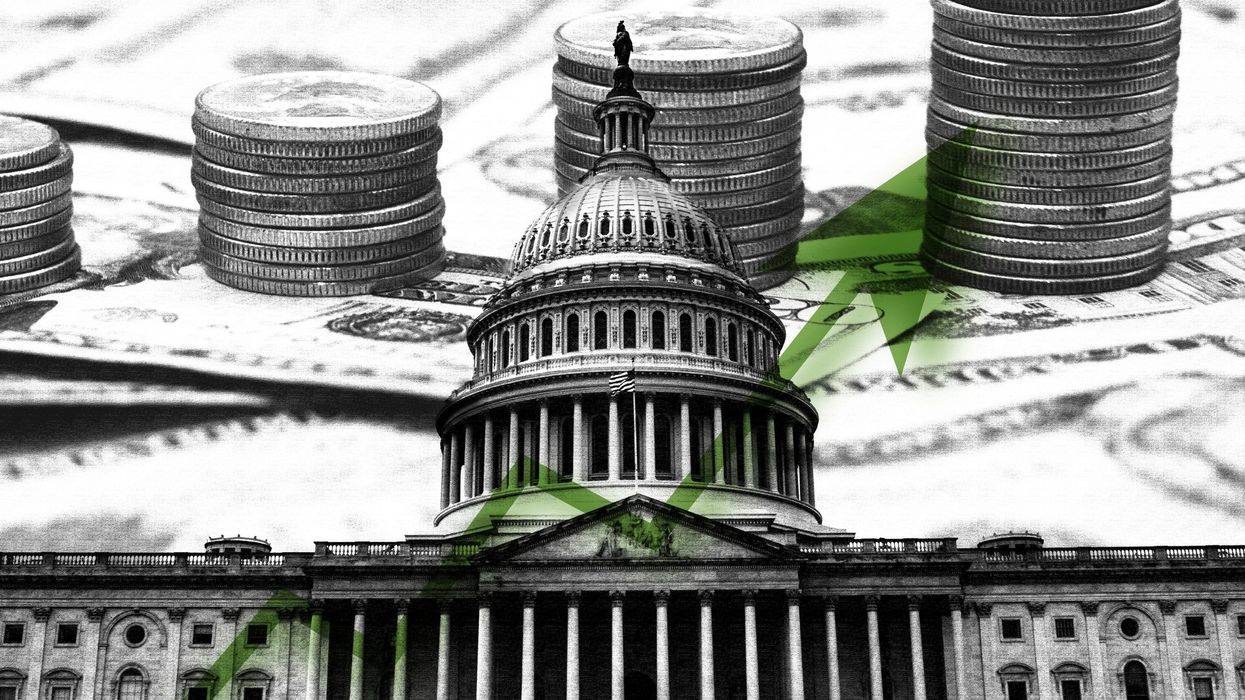Ivan Boesky. Martha Stewart. Jeffrey Skilling.
Each became infamous for using privileged, non-public information to profit unfairly from the stock market. They were prosecuted. They served time. Because insider trading is a crime that threatens public trust and distorts free markets.
So, why is it still allowed for members of Congress?
Today, U.S. senators and representatives with access to non-public information—confidential briefings, early policy drafts, and classified data—are permitted to buy and sell individual stocks. It’s not just unethical; it sends the message that the game is rigged.
The American people agree. Polls consistently show overwhelming support across political parties for banning congressional stock trading. A 2023 University of Maryland survey found that 86% of Americans—including 87% of Republicans, 88% of Democrats, and 81% of independents—favor prohibiting lawmakers and their family members from trading individual stocks.
The conflicts of interest are obvious when lawmakers shape policy that directly impacts companies they invest in. This dual role—as both regulator and investor—is inherently compromising and creates asymmetries that no honest business can compete with. It’s like Pete Rose managing the Reds while betting on the outcome. That kind of behavior wouldn’t fly in the private sector, and it shouldn’t in Congress either.
Markets only function when everyone plays by the same rules. When lawmakers operate under a different standard, it corrodes trust—not just in government but in the economy itself. That’s bad for democracy. And it’s bad for business.
As Congressman Chip Roy (R-TX) recently put it: “We vote every day on massive issues… that involve hundreds of billions of dollars in the capital markets. And yet members are voting while trading stocks on a daily basis… It’s long past due. Let’s move the bill.”
Fortunately, momentum is building. Four different bills are being considered, each with bipartisan support, and efforts to craft a compromise bill are in the works. The TRUST in Congress Act has the most support in the House, with 14 Republican and 62 Democratic cosponsors. Speaker Mike Johnson has said he supports it. So has President Trump.
On the Senate side, members on both sides of the aisle, including Senators Josh Hawley (R-MO) and Jon Ossoff (D-GA), are also reviving their efforts to ban congressional stock trading.
Current rules clearly aren’t working. A 2024 Unusual Whales report found that dozens of members of Congress beat the stock market—some by staggering margins. While the S&P 500 returned 23.3%, Democratic lawmakers averaged 31%, Republicans 26%, and some individual members posted returns of 70% or even 140%. That doesn’t happen by accident. It raises serious questions about whether they’re profiting from information—or influence—that the rest of us don’t have.
Even with a trading ban, members of Congress can still invest in the American economy. They should have a stake in the nation’s prosperity. But that investment should come through diversified mutual funds, index funds, or bonds—just like millions of Americans do. What they should not do is trade on privileged access while shaping the laws that govern the economy we all rely on.
Passing the TRUST in Congress Act won’t fix everything. But it’s a necessary step toward restoring accountability, fairness, and integrity—values that markets rely on as much as democracies do.
It’s time for Congress to lead by example. Because in business and in government, trust is everything. And public service should be a sacred trust—not a trading strategy.
Sarah Bonk is the CEO/Founder of Business for America. She has over 20 years of experience in design, technology, and leadership at Fortune 500 companies, with expertise in strategy, organizational development, communications, and project management.




















